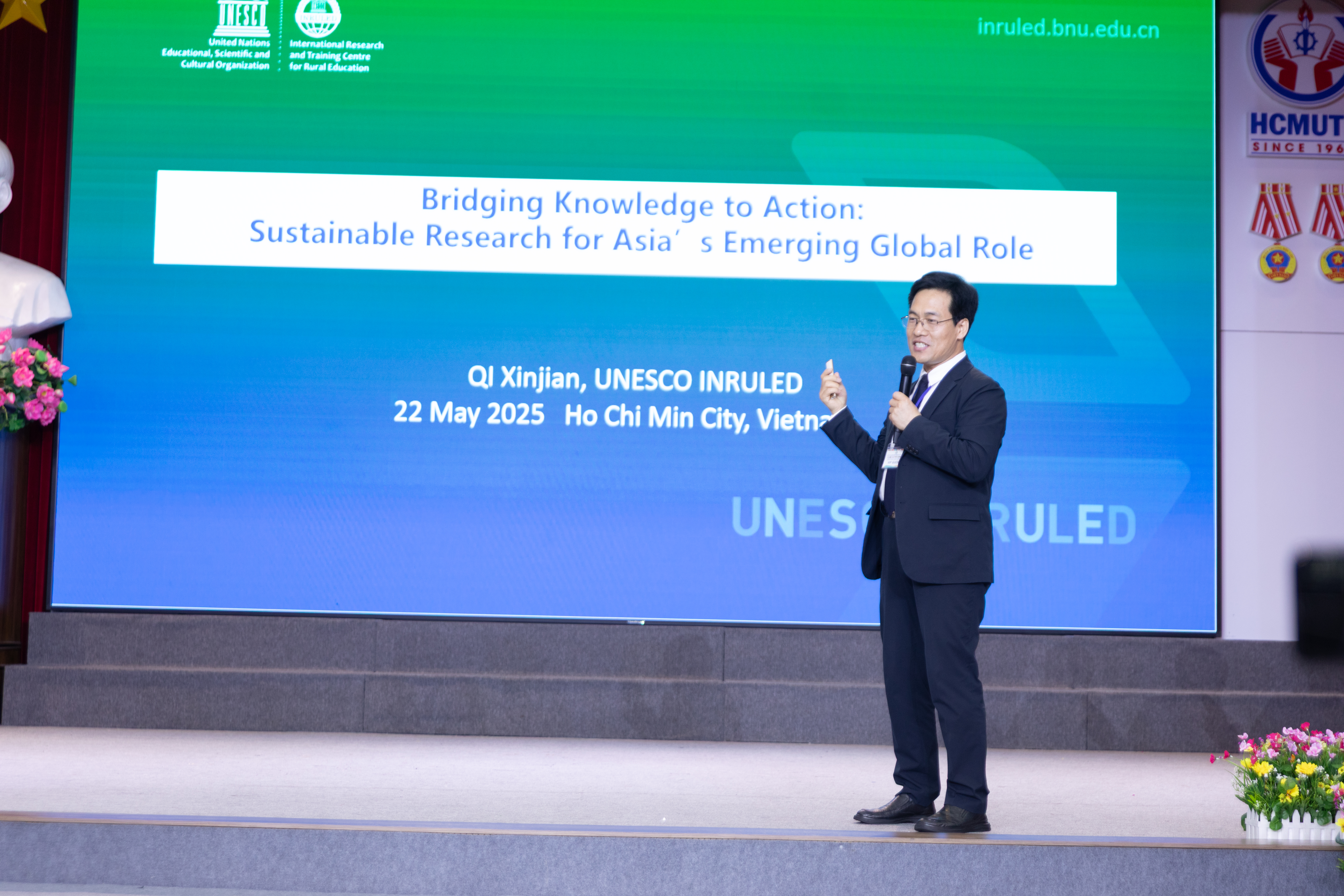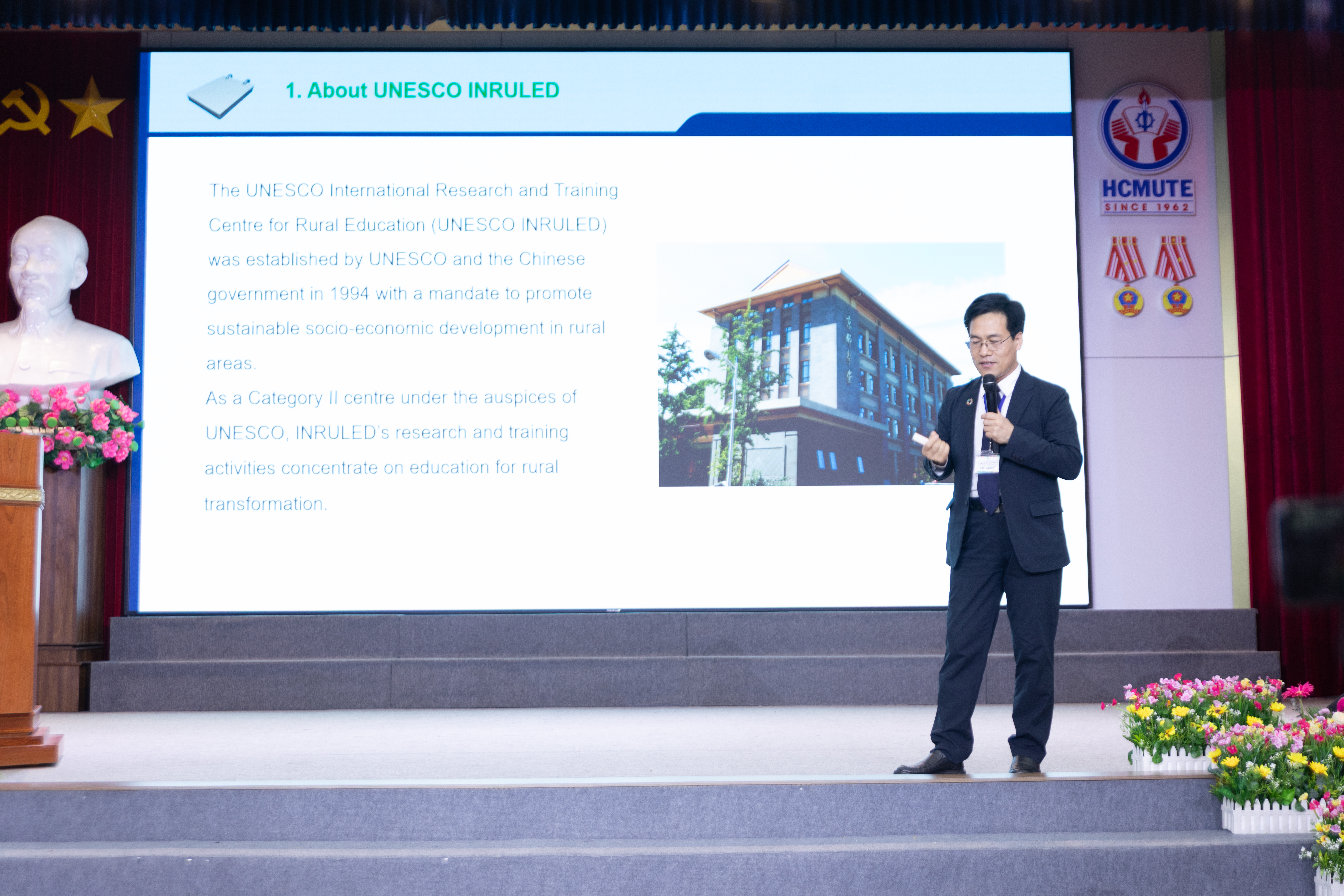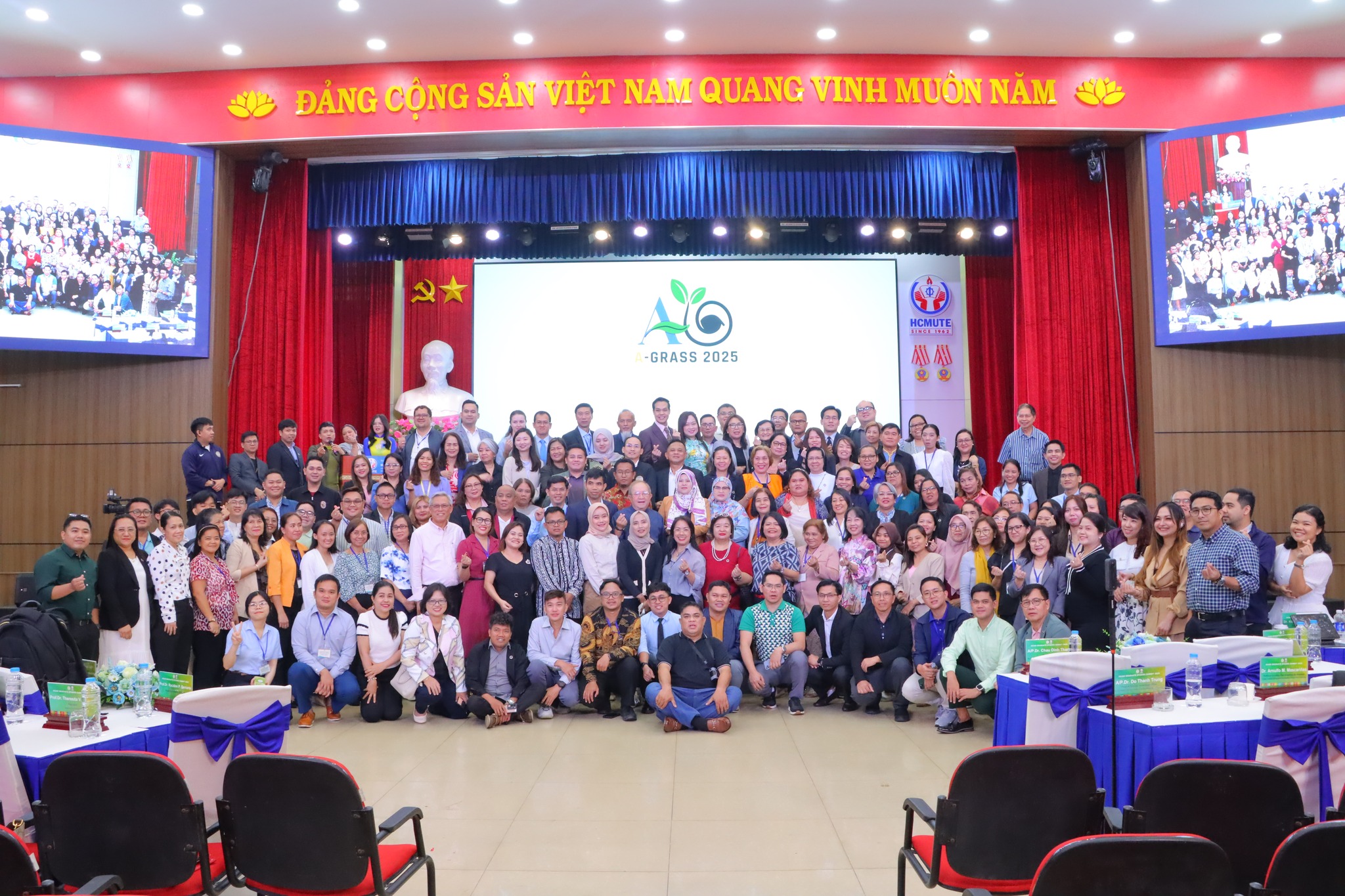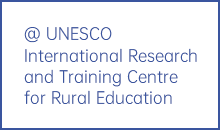From 21 to 24 May, 2025, the Asian Graduate Studies Summit (A-GRASS) 2025 was successfully held in Ho Chi Minh City, Vietnam. Dr. Qi Xinjian, Assistant Director of UNESCO INRULED, was invited to attend and deliver a keynote speech.

The summit, themed “Bridging Knowledge and Action: Transformative Graduate Education and Research for a Sustainable Asia”, was co-organised by the Asia-Pacific Consortium of Researchers and Educators (APCORE) and the HCMC University of Technology and Education. It attracted over 400 participants from the academic, industrial, and policy-making sectors of countries such as Vietnam, the Philippines, Thailand, Indonesia, Cambodia, India, China, Nigeria, and Russia.

During the summit, Dr. Qi delivered a keynote speech titled “Bridging Knowledge to Action: Sustainable Research for Asia’s Emerging Global Role”. He delved into the crucial role of sustainability research in advancing Asia's sustainable development. He highlighted that the world faces multiple challenges, including climate change, resource scarcity, educational inequality, health disparities, and economic transformation. As one of the regions with the highest concentration of rural populations globally, Asia confronts particularly complex challenges in the journey towards sustainable development. To effectively tackle these challenges, it is imperative to rely on research to provide systematic and sustainable solutions.
In this context, Dr. Qi shared UNESCO INRULED’s practical experiences in promoting rural education and sustainable development. He recommended the need to use research as a foundation and education as a driving force to transform knowledge into action and truly advance the realization of regional development goals. He stressed that education is the cornerstone of sustainable development, and the development of rural education is key to fostering inclusive and equitable progress. Moreover, international cooperation and cross-border knowledge sharing are vital for enhancing regional collaborative innovation capabilities and jointly addressing global challenges. Dr. Qi called on Asian countries to deepen academic cooperation and policy dialogue, actively participate in the global sustainable development agenda, and demonstrate Asian responsibility and contribute Asian wisdom in the process of driving change.

During the summit, Dr. Qi also participated in several roundtable discussions and academic exchanges. He shared insights and explored cooperation opportunities with scholars and experts from different countries and regions. These interactions not only facilitated the dissemination of knowledge but also laid the foundation for future international cooperation.















